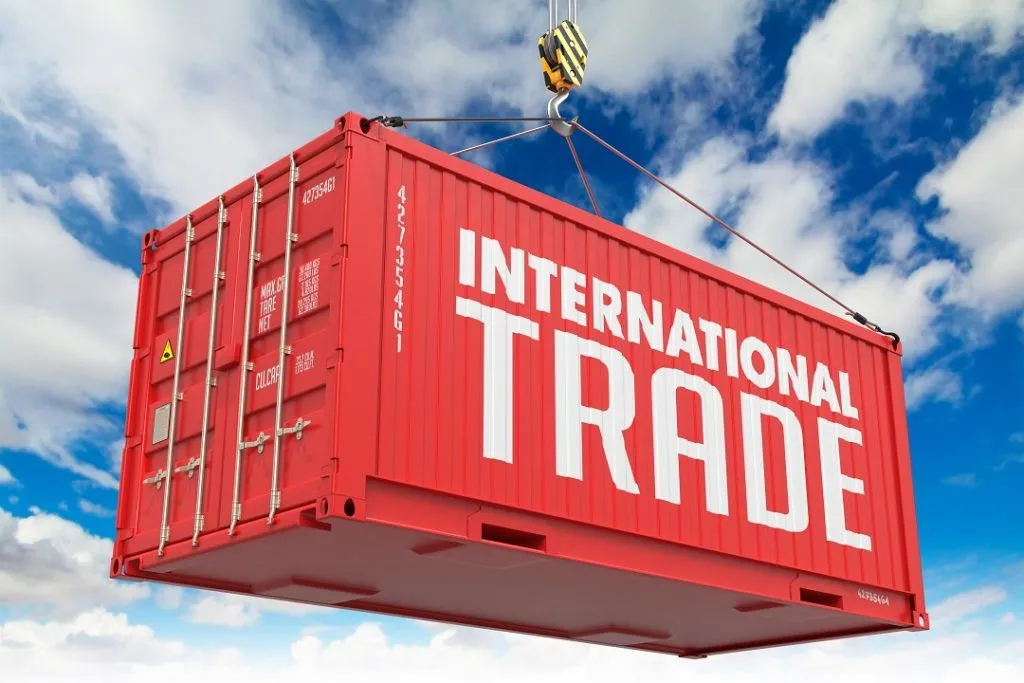In the vast ocean of global commerce, the winds of change are blowing, propelled by the transformative force of recycling. As industries navigate the complexities of international trade, the emergence of recycling as a sustainable solution is reshaping the dynamics of global industry. In this article, we explore how recycling is not only altering the traditional paradigms of industry but also influencing the intricate tapestry of international trade.
The Global Trade Landscape
Trade has long been the cornerstone of economic prosperity, fostering exchange and cooperation among nations. From raw materials to finished goods, the global trade network facilitates the movement of products across borders, driving growth and development. However, this interconnected web of trade also carries with it environmental implications, including resource depletion, carbon emissions, and waste generation.
The Rise of Recycling
Amidst growing environmental concerns, recycling has emerged as a beacon of sustainability, offering a pathway towards more responsible consumption and production. Recycling involves the collection, processing, and reuse of materials, diverting waste from landfills and conserving valuable resources.In the vast ocean of global commerce, the winds of change are blowing, propelled by the transformative force of recycling. As industries navigate the complexities of international trade, the emergence of recycling as a sustainable solution is reshaping the dynamics of global industry. In this article, we explore how recycling is not only altering the traditional paradigms of industry but also influencing the intricate tapestry of international trade. This shift towards a circular economy model not only reduces the environmental footprint of industries but also presents new opportunities for innovation and economic growth.
Reshaping Industry Dynamics
Recycling is revolutionizing the way industries operate on a global scale. Traditionally, industries have relied heavily on the extraction of raw materials to fuel production, leading to resource depletion and environmental degradation. However, the integration of recycling into supply chains is changing this paradigm by promoting the use of recycled materials as alternatives to virgin resources.
This shift towards a more sustainable approach to production is not without its challenges. Industries must navigate logistical complexities and invest in technology and infrastructure to support the recycling process. However, the long-term benefits far outweigh the initial costs, as recycling offers a more efficient and environmentally friendly way of meeting the demands of global trade.
The Impact on Trade Dynamics
Recycling is not only reshaping industry practices but also influencing the dynamics of international trade. As countries strive to meet sustainability goals and reduce their environmental footprint, the demand for recycled materials is on the rise. This has led to a shift in trade patterns, with nations increasingly trading in recycled goods rather than relying solely on the import and export of raw materials.
Furthermore, the emergence of recycling as a viable economic activity has created new opportunities for trade partnerships and collaboration. Countries with advanced recycling infrastructure can export recycled materials to those in need, fostering cooperation and mutual benefit. This exchange of recycled goods not only promotes sustainability but also strengthens global trade relations.
Charting a Sustainable Future
As we sail into the future, the winds of change driven by recycling are guiding us towards a more sustainable and equitable world. By reshaping industry dynamics and influencing global trade patterns, recycling offers a pathway towards a greener, more prosperous future for all. However, realizing this vision will require continued investment in recycling infrastructure, technological innovation, and international cooperation.
By harnessing the power of recycling, industries and nations can chart a course towards a more sustainable future, where economic growth is balanced with environmental stewardship. Together, we can navigate the trade winds of change and build a world where prosperity is not at the expense of the planet, but rather in harmony with it.




